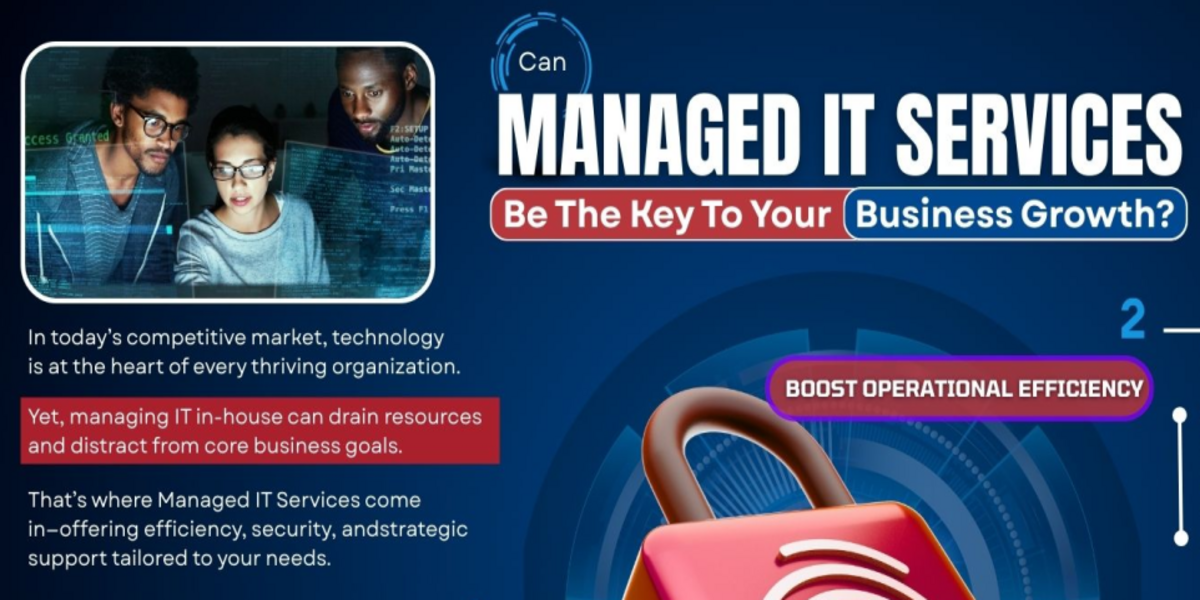HR management is crucial to the growth of a business. The department has numerous vital functions, ranging from hiring new employees to assessing performance metrics. HR management staff is also prone to making mistakes. While mistakes define our human nature, their pitfalls can often have far-reaching consequences for the entire organization.
Therefore, it is important to immediately identify and fix any mistakes as they can affect company culture and employee performance or cause legal liabilities. In this article, we will list down 6 common HR management pitfalls to avoid. If you’re using an HRMS application, you can already steer clear of many problems, but it’s essential to cover all bases!
Common HR Management Pitfalls To Avoid
1. Failing to Follow up with Rejected Candidates
A new and empathetic culture has evolved in the last decade of HR management. In earlier times, getting no response from an organization was considered a rejection for potential applicants. However, things are done differently these days. The vital part of HR management is to contact rejected candidates and making sure they’re dealing in a healthy way.
HR management professionals often make the mistake of not following up with failed candidates. Learn to dodge this pitfall because an empathetic post-rejection correspondence massively boosts the company’s image and reassures rejected individuals to have faith in their abilities.
2. Outdated Workplace Policies
Outdated workplace policies are one of the biggest reasons for employee violations. Employees can make a lot of mistakes and violate many rules when they don’t know which ones to follow. HR management professionals are responsible for developing an employee handbook that outlines the different rules and regulations for employees to follow.
Employee handbooks are workplace essentials and should include important information, such as health benefits, behavioral policies, and workplace conduct, among other things. Ideally, HR management should update the handbooks every one or two years to keep up with new policies and compliance changes. This can be made easier by making a digital copy of rules and policies on an HRMS application.
Moreover, an employee handbook should encompass the rules and regulations for all employees, including HR managers and staff. It should clearly outline the legal limits of HR professionals in hiring, terminations, and day-to-day management. Failure to update the handbook can result in misunderstandings, a high risk of lawsuits, legality issues, and employee violations. In a nutshell, outdated workplace policies and employee handbooks spell a massive HR disaster.
3. Not Setting Performance Goals
Performance goals help in efficient HR management since the metrics are used to evaluate how well different employees are performing. They also help foster competition among employees and boost productivity, which results in business growth.
It’s a common HR management mistake not to set performance goals. Sometimes, the set goals might not be tangible or easily quantifiable. All these issues can make it challenging to choose employees for promotions and decide on appraisal packages.
4. Missing Deadlines
Missing deadlines is one of the most common workplace mistakes employees make, and HR management professionals are no exception. It’s normal to get overwhelmed by work and forget about important deadlines, such as vendor payments and tax form submissions.
It’s important to create schedules for these deadlines not to miss them. Skipping deadlines can result in hefty fines that hamper business growth and give your organization a bad rep. Therefore, consider using an HRMS application that can record essential deadlines and send alerts near the date so you never miss it.
5. Developing a Personal Bias in Workplace Decisions
It is crucial for HR management professionals to remain impartial in their evaluation of employees. Distinguishing them based on quantifiable values like performance, productivity, and professionalism is excellent and even responsible behavior. However, things can quickly go from impartial evaluation to straight-up discrimination.
Employees being judged and discriminated against based on religion, race, caste, and personal preferences can have disastrous consequences for businesses and their growth. Competent HR management professionals need to ensure workplace discrimination does not happen and need to be vigilant in retaining an impartial and strictly professional bias regarding any evaluations.
6. Using Hard Copy Files and Folders
HR management teams that heavily rely on paper documents are years behind fellow HR departments of competitor organizations. An increasing number of businesses have transitioned to the digital landscape in recent years. The reasons are many, from improved data security to enhanced efficiency.
HR departments that still use hardcopy files and folders are, to put it simply, inefficient and slow. Heaping piles of documents and stacks of files are not just a nasty sight but also impossible to sort. Paper-based employee databases, repositories, and other files are time-consuming to sort and categorize. Consistent use of paper also puts a strain on our already deteriorating environment and is an unsustainable business practice. Moreover, they’re prone to theft, which means all paper documents are a liability to an organization’s security.
HR management teams are responsible for adopting a robust HRMS solution to transition to the digital landscape swiftly. HRMS applications can help streamline HR work, eliminate the need for papers, and help in efficient HR management.
If you’re interested in improving HR management in your organization, consider getting SimplyHRMS by Microsys, the leading software solutions provider for small and medium-sized businesses. SimplyHRMS is a lightweight, robust, affordable, and efficient HR management system that you can seamlessly integrate into your HR department. It is excellent for managing all HR tasks, from evaluating employee performance to managing leave requests.



